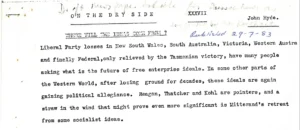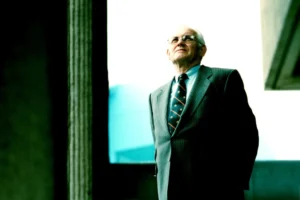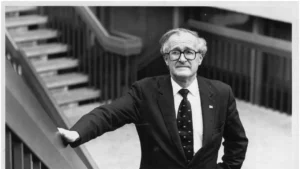Among the many enlightening sessions at the Liberty and Society Conference hosted by the Centre for Independent Studies, Dr. Stephen Kirchner’s exploration of classical liberalism’s approach to international relations stood out as particularly valuable.
Dr. Kirchner addressed a critical gap in contemporary discourse: the limited conversation between classical liberal thinkers and international relations theory. He skilfully dismantled the misconception that classical liberalism advocates isolationism or that its toolkit stops at national borders. Instead, he presented a nuanced framework that differs meaningfully from both realism and liberal internationalism.
What I found most illuminating was Kirchner’s distinction between classical liberalism’s international focus versus liberal internationalism’s intergovernmental approach. While institutions like the WTO exemplify the latter, classical liberalism embraces international connections through free trade and democratic peace while honouring national sovereignty. As Kirchner emphasized, classical liberals are not pacifists or anti-militarists, they support necessary alliances and interventions while opposing empire and colonialism.
Kirchner’s references to Adam Smith revealed how Smith viewed nation-states as objects of human passion, where national honour becomes part of citizens’ identity. Smith’s two principles of patriotism: love of nation coupled with respect for government, and concern for fellow citizens’ welfare, provides a framework that acknowledges stronger ties between smaller social units while viewing world citizenship as a looser concept.
The discussion of Australia’s strategic position particularly resonated with me. Our security partnership with the United States through ANZUS and economic dependence on China creates a strategic dilemma that generates varied critiques across the political spectrum. This perfectly illustrates the tensions classical liberals must navigate in foreign policy.
Dr. Kirchner’s session left me with a deeper appreciation for how classical liberalism offers valuable insights for addressing international relations challenges, balancing national interests with international cooperation while upholding liberal values in an increasingly complex geopolitical landscape. His analysis has fundamentally shifted my understanding of how classical liberal principles can inform foreign policy thinking.






